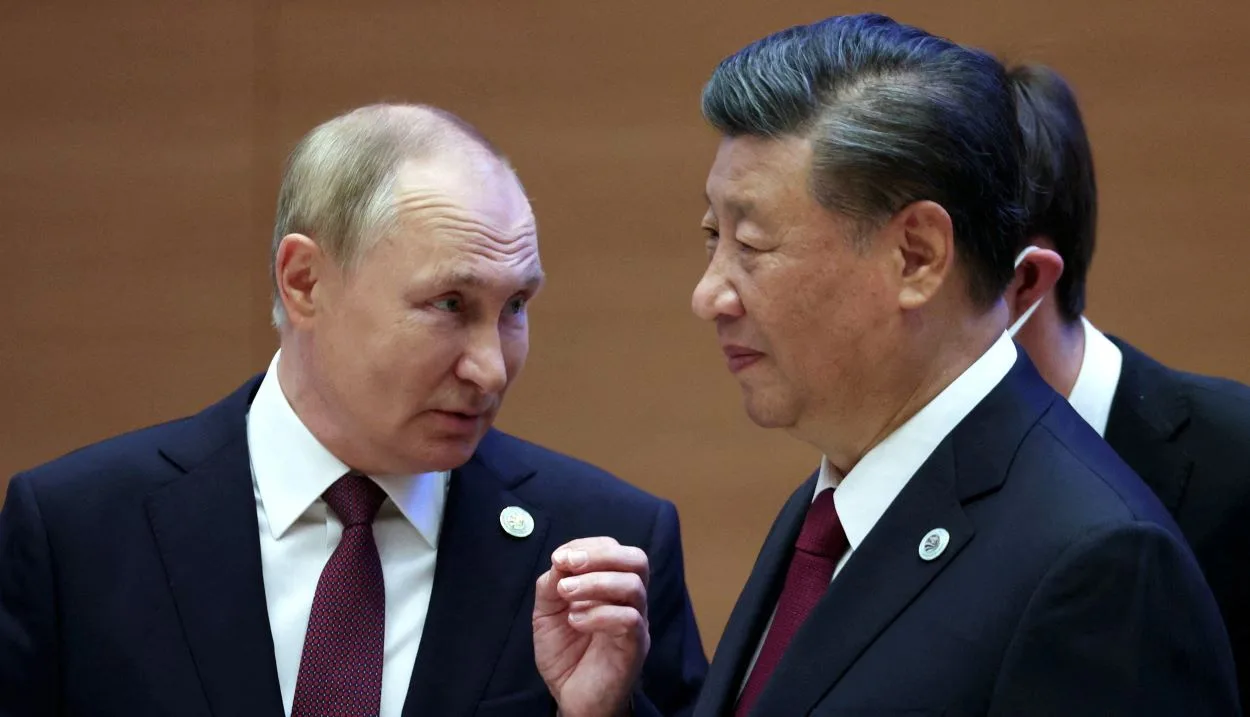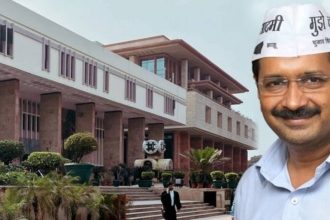To extend the reach of the Shanghai Cooperation Organisation (SCO), President Xi Jinping of China and Russian leader Vladimir Putin are anticipated to partake in an online summit orchestrated by India’s Prime Minister, Narendra Modi.
The summit aims to pave the way for Belarus and Iran, both current observers with strong ties to Moscow, to achieve SCO membership, thereby extending the organization’s influence across Europe and Asia.
The SCO was founded in 2001 by China and Russia and joined by other former Soviet Central Asian states. The organisation was later enlarged to include India and Pakistan, evolving into an eight-nation political and security bloc.
The SCO is recognized for its mission to counter Western influence in Eurasia. As India currently presides over the SCO and the G20, it treads a diplomatic tightrope, balancing relationships between Western nations and the Russia-China partnership amidst geopolitical tensions arising from Russia’s invasion of Ukraine and China’s prominent global presence.
Pre-Summit Diplomatic Efforts and Crucial Discussions Ahead
Modi’s recent state visit to the United States underscores the importance of the upcoming SCO summit, during which he and U.S. President Joe Biden reaffirmed their countries’ robust partnership. India’s refusal to blame Russia for the war and its record-high purchases of Russian oil have evoked attention and anxiety among several Western capitals.
In the lead-up to the summit, a significant dialogue took place between Modi and Putin concerning the suppressed mercenary rebellion. In this conversation, Modi reiterated his support for dialogue and diplomacy to resolve the conflict in Ukraine. This interaction underlines India’s most direct engagement with the Russian leader on this issue, highlighting the complexity of their diplomatic relations.
Furthermore, the summit will see a reunion of Modi and Xi on the virtual stage for the first time since the G20 summit in Indonesia in the previous November. Relations between India and China have been strained for over three years, with ongoing border disputes adding complexity to their relationship as two nuclear-armed Asian powerhouses.
In addition, the online summit will set the stage for a virtual meeting between Modi and his Pakistani counterpart, Shehbaz Sharif, nearly 10 months following their attendance at the SCO summit in Uzbekistan. This interaction could be critical in addressing bilateral issues between their countries and promoting regional stability.
As the SCO members convene virtually, they must deliberate on various pressing issues, including Afghanistan, terrorism, regional security, climate change, and digital inclusion. The outcomes of this summit could significantly shape the future of the Eurasian region and its interactions with the rest of the world.






